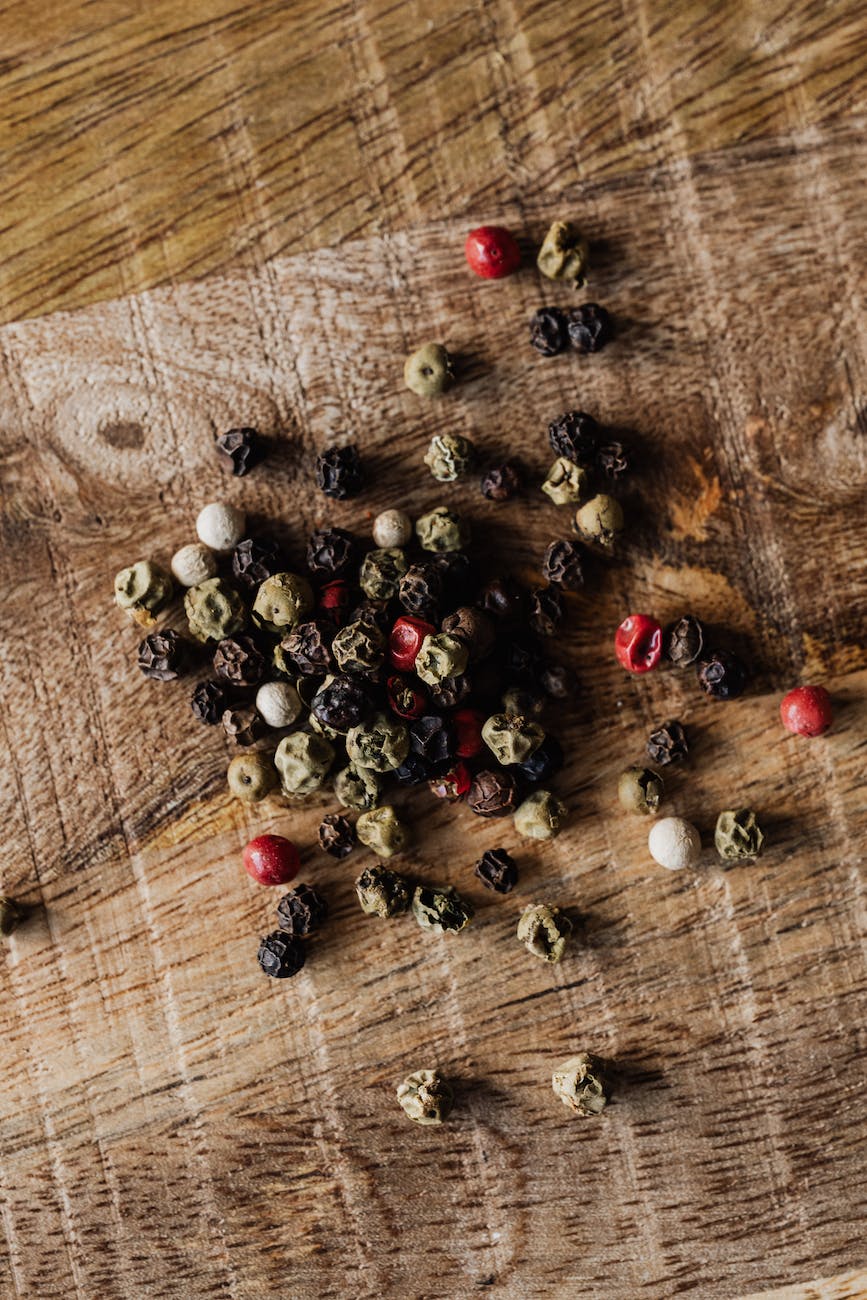
Introduction
In a world constantly seeking natural skincare solutions, Gulkand emerges as a timeless treasure. This ancient Ayurvedic remedy, revered for centuries, is making a remarkable comeback in modern skincare regimes. But what makes Gulkand a sought-after ingredient for radiant skin? Let’s unravel the mystery of this rose petal delicacy that promises more than just a sweet experience.
Historical Significance of Gulkand
Originating from the lush gardens of Indo-Persia, Gulkand (‘Gul’ meaning flower in Persian and ‘Kand’ meaning sweet in Arabic) has been a cornerstone in Ayurvedic medicine for over 4,000 years. Its journey from royal palaces to everyday homes is a testament to its enduring appeal. In ancient scripts, Gulkand was celebrated not only for its delightful taste but also for its healing and rejuvenating properties, particularly in skin care.
The Power of Rose Petals and Sugar
At its heart, Gulkand is a simple yet potent concoction of rose petals and sugar. The roses used in Gulkand are no ordinary blooms; they are carefully selected for their fragrance and therapeutic qualities. These petals are rich in antioxidants and essential vitamins that play a crucial role in skin rejuvenation and repair.
- Antioxidant Abundance: Rose petals are packed with natural antioxidants. These vital compounds combat free radicals, reducing oxidative stress—a key factor in premature skin aging, dullness, and uneven tone.
- Vitamin Richness: Roses are a natural source of vitamin C, a skin-loving nutrient known for its brightening and collagen-boosting properties. Vitamin E, another component, provides deep nourishment and protection against environmental stressors.
The addition of sugar in Gulkand isn’t just for sweetness; it serves a hydrating purpose. Sugar, a natural humectant, helps to retain moisture in the skin, ensuring it stays plump, hydrated, and glowing.
The Multifaceted Benefits of Gulkand for Radiant Skin
Unlocking Gulkand’s Skin Care Secrets
- Antibacterial Warrior Against Acne:
- Nature’s Solution: Gulkand’s antibacterial properties make it an effective natural remedy for acne. Its ability to fight skin infections is rooted in the natural compounds found in rose petals.
- Application: A homemade face pack blending crushed Gulkand, sandalwood powder, rose water, and honey can work wonders. This mixture targets acne-causing bacteria, soothes inflamed skin, and promotes healing.
- Dark Circle Eradicator:
- Under-eye Reviver: The long-standing issue of dark circles can be addressed with Gulkand’s soothing and lightening properties. Rich in vitamins and antioxidants, it helps to rejuvenate the delicate under-eye area.
- Usage: Soaking cotton pads in Gulkand-infused rose water and placing them under the eyes can significantly reduce dark circles and puffiness.
- Sun Protection Like No Other:
- Natural Sunscreen: Gulkand acts as a barrier against harmful UV rays. Its antioxidant properties protect the skin from sun damage and prevent premature aging.
- Creating a Sun Shield: Mix crushed rose petals with glycerin and cucumber juice to form a protective layer against the sun’s harsh effects.
- Astringent Properties for Skin Toning:
- Balancing Act: Gulkand’s astringent qualities help in maintaining the skin’s pH balance, essential for a clear and even-toned complexion.
- DIY Toner: A Gulkand-based facial mist can be prepared by infusing rose water with crushed rose petals. This refreshing spray detoxifies, unclogs, and tightens pores.
- Hydration and Moisturization:
- Deep Nourishment: The natural oils present in Gulkand are excellent for moisturizing dry skin. They provide lasting hydration without clogging pores.
- Moisturizer Enhancement: Adding Gulkand-infused rose water to your regular moisturizer can enhance its effectiveness, leaving the skin soft and supple.
- Fighting Skin Tan and Pigmentation:
- Even Skin Tone: Gulkand’s ability to balance skin tone and reduce pigmentation is one of its most prized benefits. It helps in reversing the damage caused by sun exposure.
- Detanning Remedy: Create a scrub using crushed rose petals, lemon juice, brown sugar, and honey to exfoliate and remove tan effectively.
Gulkand in Modern Skincare: A Renaissance
The integration of Gulkand into contemporary skincare products symbolizes a blend of ancient wisdom and modern science. From luxurious face creams to rejuvenating serums, Gulkand is making its presence felt on the global skincare stage. Its natural essence appeals to those seeking organic and effective skin solutions, making it a staple ingredient in many herbal and Ayurvedic formulations.
- Commercial Products: The market today offers a range of Gulkand-based skincare products, catering to various needs – be it anti-aging, moisturizing, or sun protection.
- Homemade Skincare: The trend of DIY beauty treatments has brought Gulkand back into the limelight. Its versatility and ease of use make it a favorite ingredient for homemade face packs, scrubs, and toners.
Embracing Gulkand in Daily Skincare and Debunking Myths
Practical Applications: Incorporating Gulkand in Your Skincare Routine
- DIY Gulkand Face Packs:
- For Acne-Prone Skin: Mix Gulkand paste with neem powder and aloe vera gel to create a soothing anti-acne mask.
- For Skin Brightening: Combine Gulkand with turmeric powder, yogurt, and a hint of lemon juice for a natural brightening face pack.
- Gulkand as a Daily Toner:
- Soak rose petals in water overnight. Strain and add a teaspoon of Gulkand. Use this concoction as a daily toner for refreshing and revitalizing the skin.
- Gulkand Infused Lip Balm:
- Melt beeswax and coconut oil. Add a bit of Gulkand and cool to form a hydrating lip balm. This balm keeps lips soft and adds a natural pink tint.
- Gulkand for Body Scrubs:
- Mix Gulkand with oatmeal, honey, and a bit of milk to create an exfoliating body scrub. This not only removes dead skin but also leaves the skin feeling soft and smelling heavenly.
Addressing Common Concerns and Myths
- Myth: Gulkand Can Cause Skin Darkening: There’s a misconception that Gulkand can darken the skin. In reality, Gulkand helps in reducing pigmentation and evens out the skin tone.
- Concern: Allergic Reactions: While rare, some may have allergies to rose petals. It’s always advisable to do a patch test before applying Gulkand-based products to the skin.
- Myth: Gulkand is Only for Dry Skin: Gulkand is suitable for all skin types. Its balancing nature makes it ideal for oily, dry, or combination skin.
The Science Behind Gulkand
While Gulkand’s benefits in Ayurveda have been long known, modern science also acknowledges its merits. Studies have shown that the antioxidants in rose petals can significantly improve skin health. The natural oils present in Gulkand are known for their hydrating properties, making it a valuable ingredient in skincare.
Beyond Skin Care: Gulkand’s Broader Health Benefits
Gulkand isn’t just limited to skincare. Its health benefits extend to improving digestive health, acting as a stress reliever, and even offering relief from menstrual discomfort. Its cooling properties make it an excellent remedy for internal heat and related ailments.
Conclusion
Gulkand is more than just a sweet delicacy; it’s a treasure trove of benefits for the skin and overall health. By incorporating Gulkand into your skincare regime, you’re not only indulging in an ancient practice but also giving your skin the natural care it deserves. Whether you opt for commercial Gulkand-based products or prefer homemade concoctions, the essence of Gulkand is sure to bring a touch of nature’s magic to your skin.
10 FAQs About Gulkand for Skin
- What is Gulkand and how is it beneficial for skin? Gulkand is a sweet preserve made from rose petals and sugar, known for its anti-inflammatory and antioxidant properties, making it beneficial for skin health.
- Can Gulkand help with acne? Yes, Gulkand has antibacterial properties that can help in treating acne.
- Is Gulkand effective against dark circles? Gulkand can help reduce dark circles due to its soothing properties and the antioxidants present in rose petals.
- How does Gulkand protect against sun damage? The antioxidants in Gulkand protect the skin from UV rays and prevent premature aging.
- Can Gulkand be used as a skin toner? Yes, Gulkand-infused rose water can be an excellent natural toner for balancing skin pH and tightening pores.
- Is Gulkand suitable for dry skin? Gulkand is great for dry skin due to the natural oils in rose petals that provide hydration.
- Can I use Gulkand for oily skin? Yes, Gulkand is suitable for all skin types, including oily skin, as it helps balance the skin’s natural oils.
- How can I incorporate Gulkand into my skincare routine? You can use Gulkand in DIY face packs, as a toner, or even mix it with your regular moisturizer.
- Are there any side effects of using Gulkand on the skin? Gulkand is generally safe for skin use, but it’s always best to do a patch test first, especially if you have sensitive skin.
- Can Gulkand help with skin aging? Yes, the antioxidants in Gulkand can help combat signs of aging like wrinkles and fine lines.
Blog Tags
Gulkand, natural skincare, rose petal benefits, Ayurvedic remedies, anti-acne, skin hydration, DIY beauty, herbal skincare, antioxidant skincare, traditional wellness












